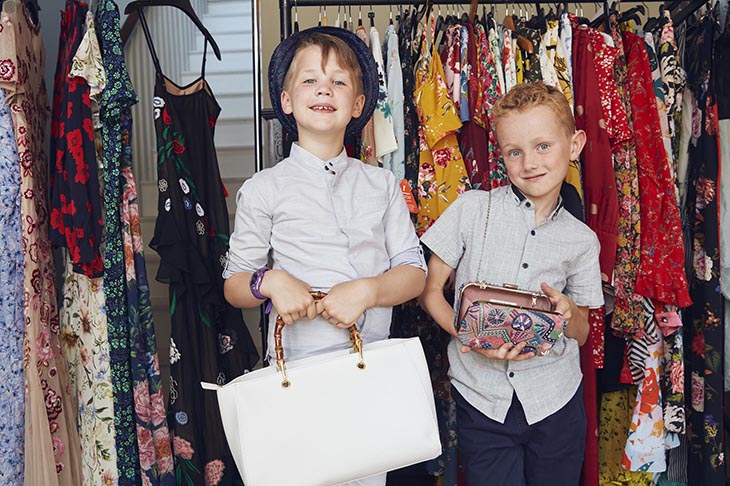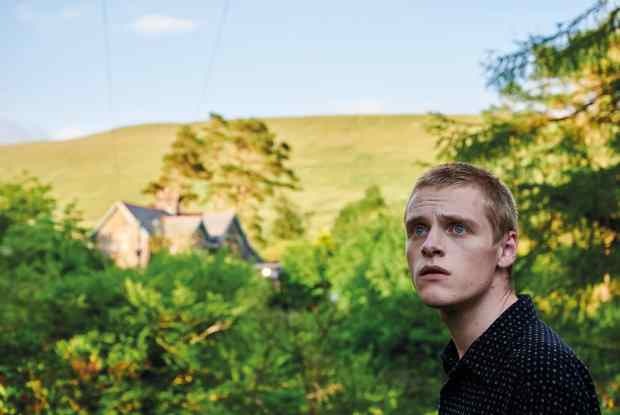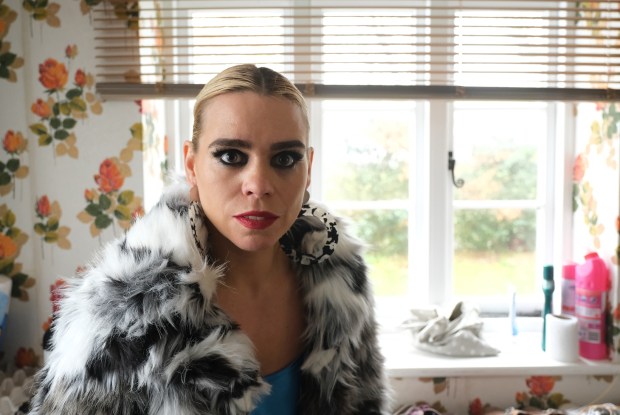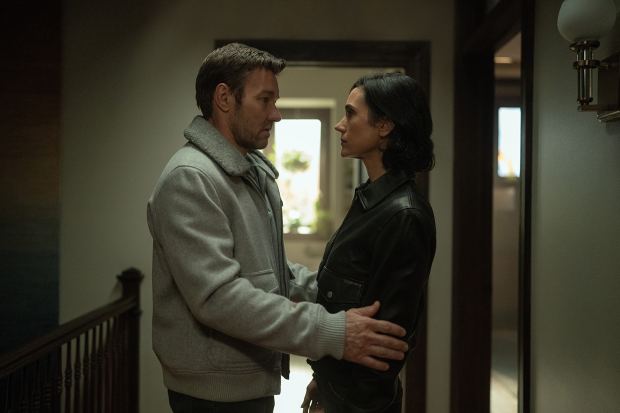Channel 4’s When I Grow Up had an important lesson for middle-class white males everywhere: you’re never too young to be held up as a git.
The series, billed as ‘a radical experiment in social mobility’, gets a group of seven- and eight-year-old children from different backgrounds to work together in a real-life office setting — which in Thursday’s first episode was, rather unexpectedly, Hello! magazine.
Already a subscriber? Log in
Subscribe for just $2 a week
Try a month of The Spectator Australia absolutely free and without commitment. Not only that but – if you choose to continue – you’ll pay just $2 a week for your first year.
- Unlimited access to spectator.com.au and app
- The weekly edition on the Spectator Australia app
- Spectator podcasts and newsletters
- Full access to spectator.co.uk
Or
Unlock this article
You might disagree with half of it, but you’ll enjoy reading all of it. Try your first month for free, then just $2 a week for the remainder of your first year.














Comments
Don't miss out
Join the conversation with other Spectator Australia readers. Subscribe to leave a comment.
SUBSCRIBEAlready a subscriber? Log in